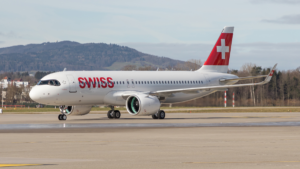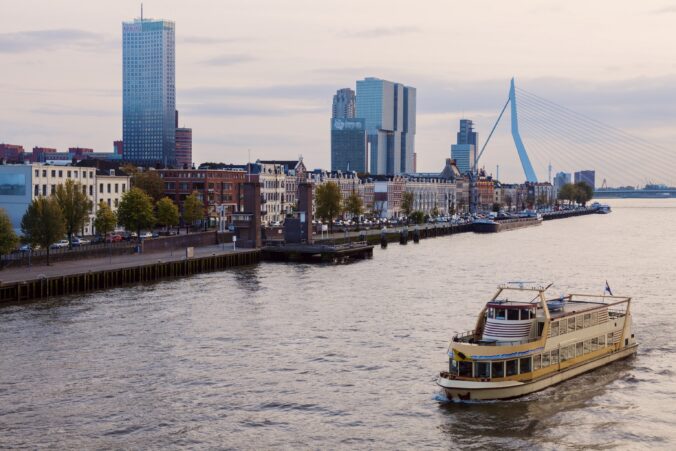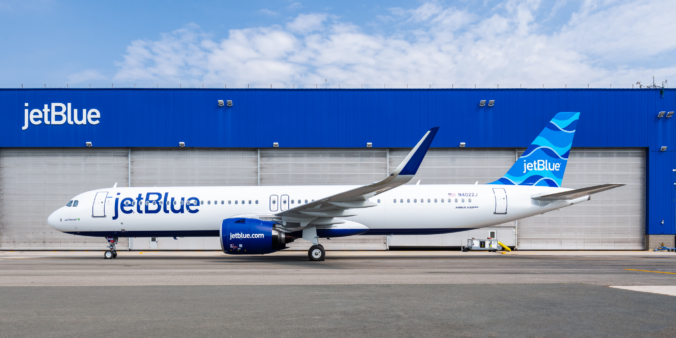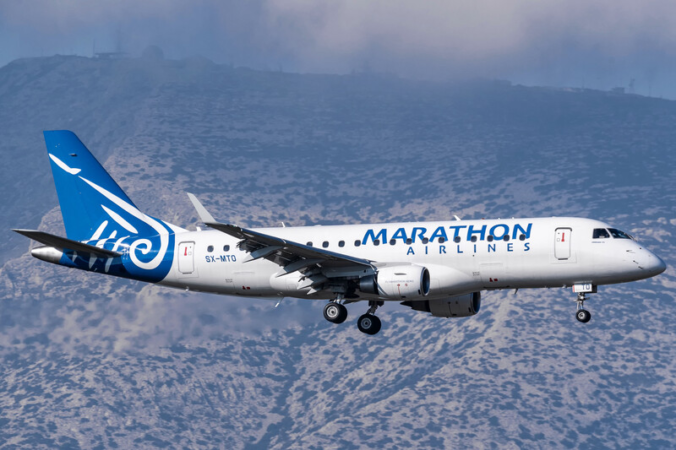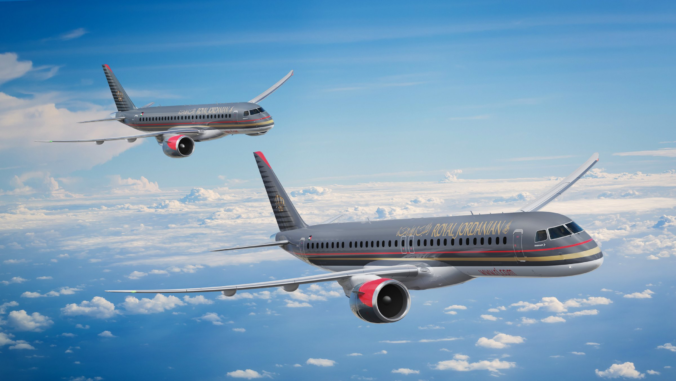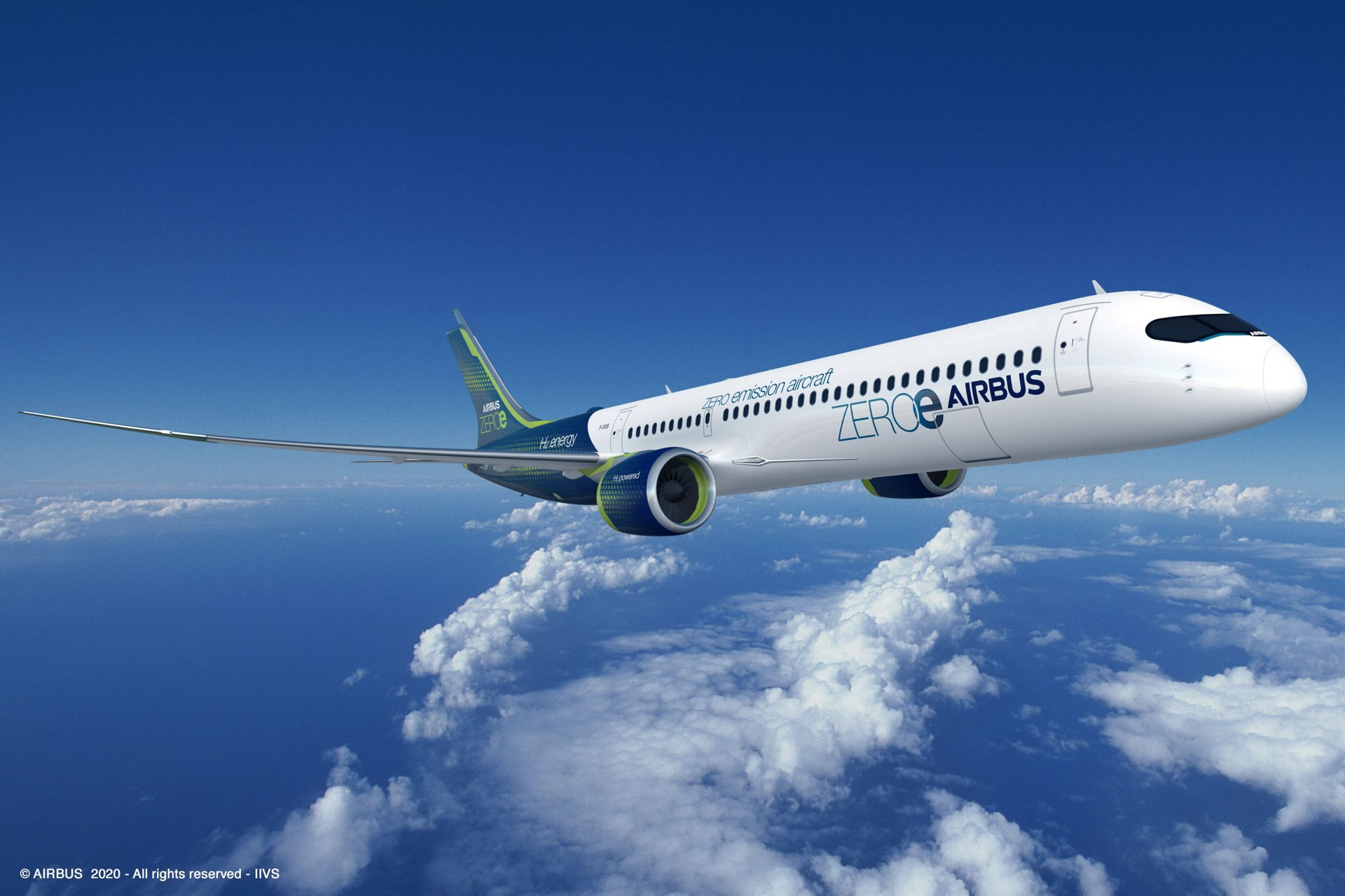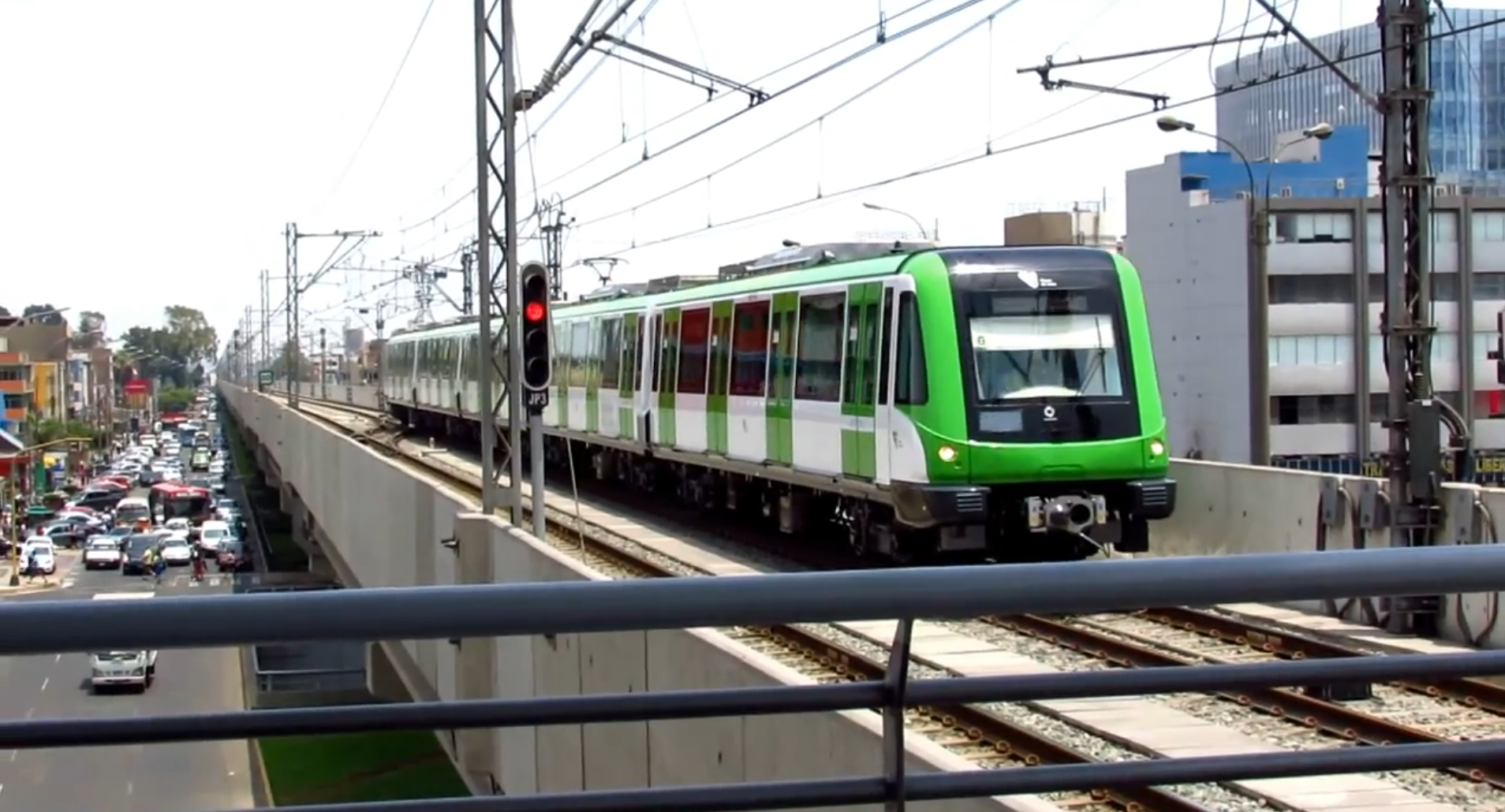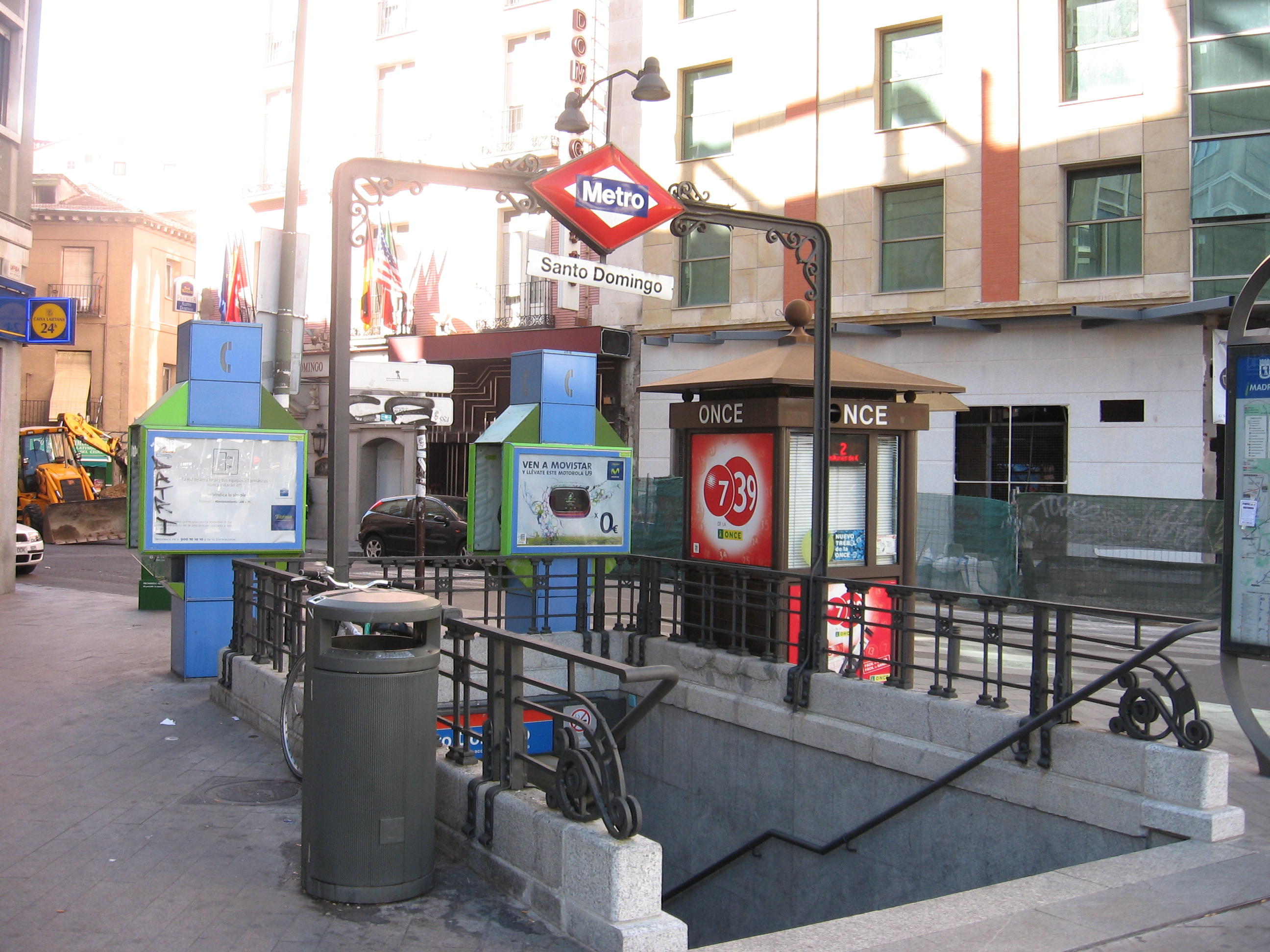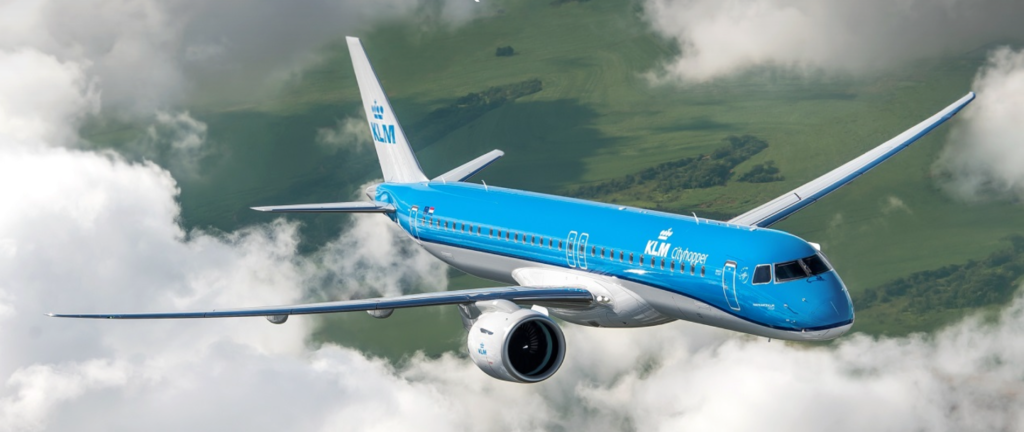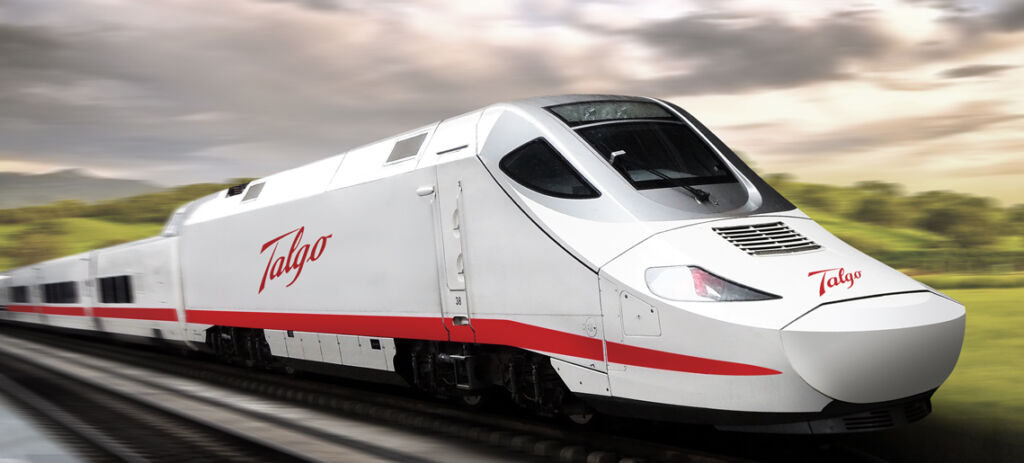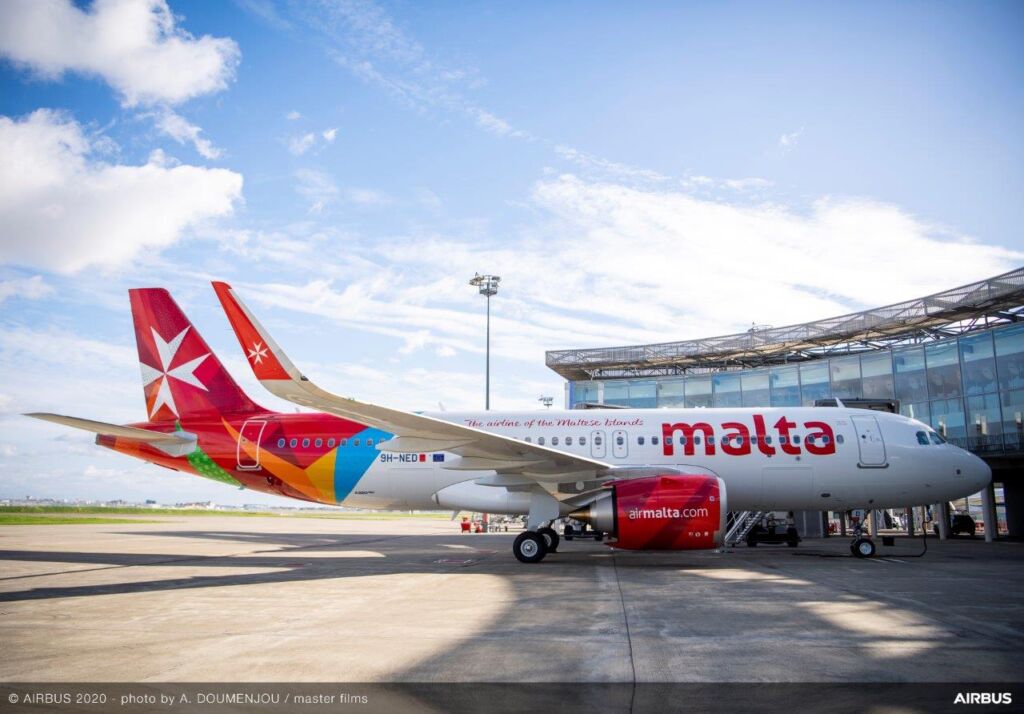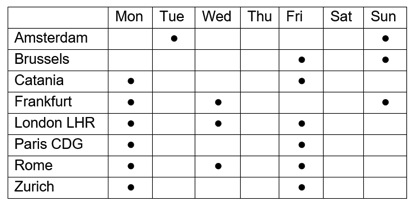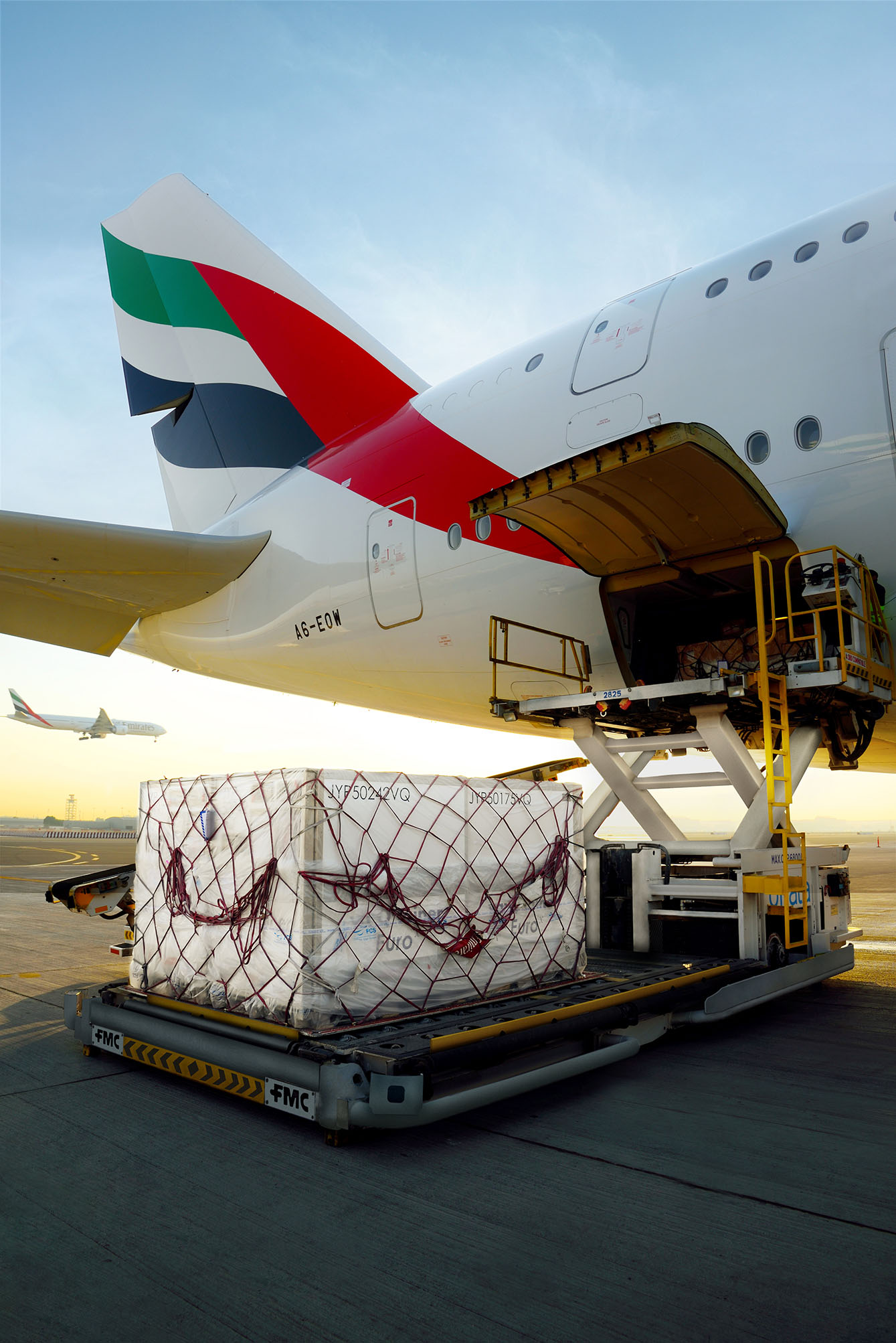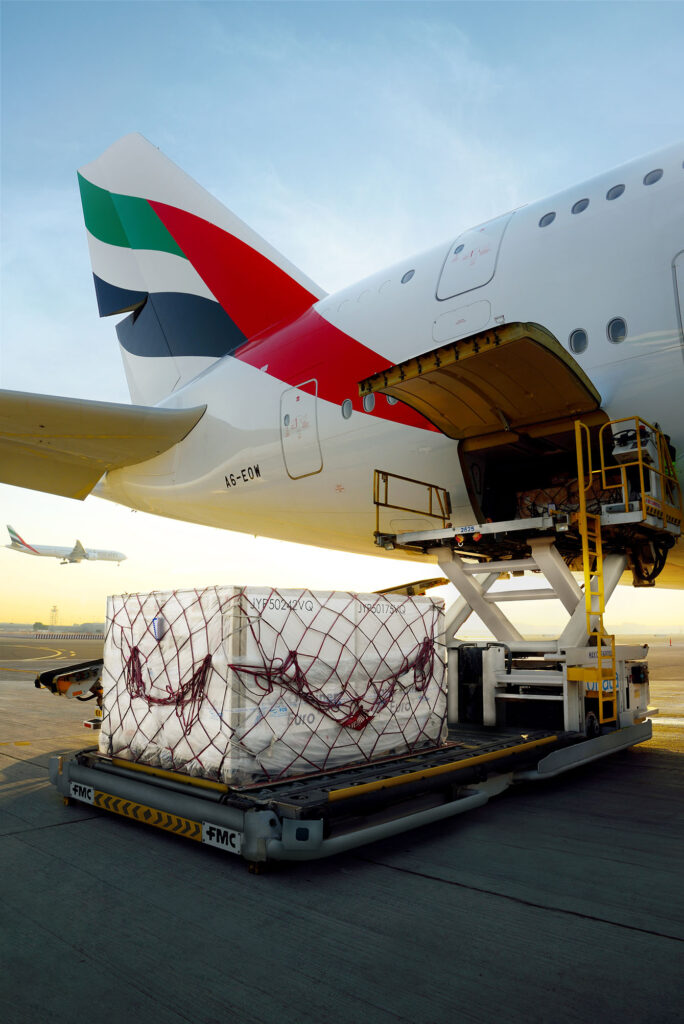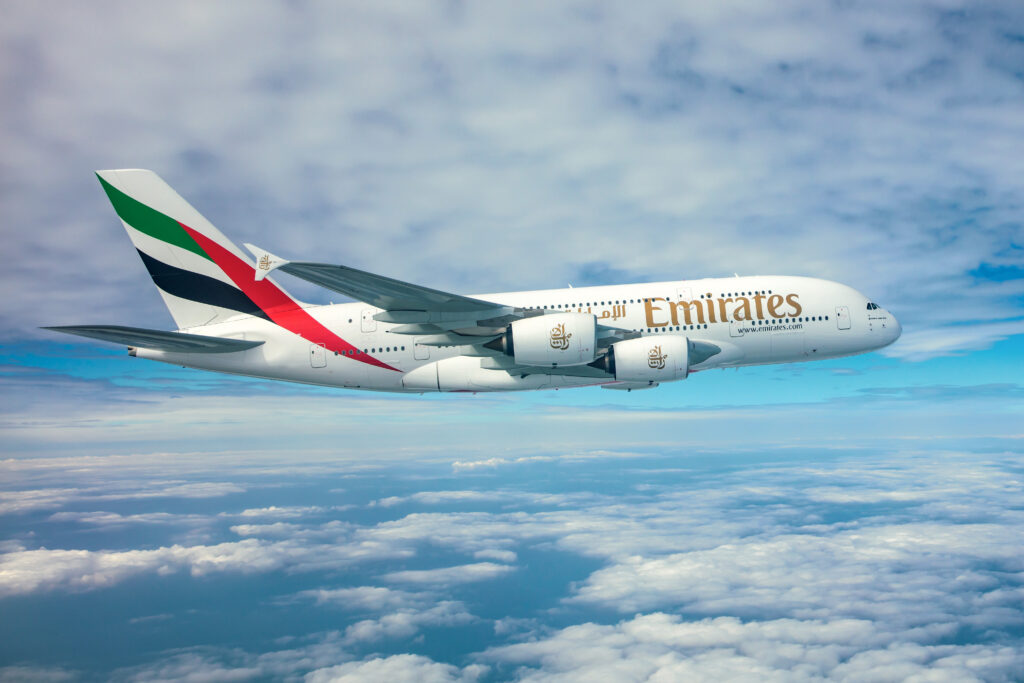Amsterdam, 28 October 2021 – Airbus SE (Paris stock exchange symbol: AIR) reported consolidated financial results for the nine months ended 30 September 2021.
“The nine-month results reflect a strong performance across the company as well as our efforts on cost containment and competitiveness. As the global recovery continues, we are closely monitoring potential risks to our industry. We are focused on securing the A320 Family ramp up and striving to ensure the right industrial and supply chain capabilities are in place,” said Airbus Chief Executive Officer Guillaume Faury. “Based on our nine-month performance, we have updated our 2021 earnings and cash guidance. We are strengthening the balance sheet to secure investment for our long-term ambitions.
Gross commercial aircraft orders totalled 270 (9m 2020: 370 aircraft) with net orders of 133 aircraft after cancellations (9m 2020: 300 aircraft). The order backlog was 6,894 commercial aircraft on 30 September 2021. Airbus Helicopters booked 185 net orders (9m 2020: 143 units), including 10 helicopters of the Super Puma Family. Airbus Defence and Space’s order intake by value was € 10.1 billion (9m 2020: € 8.2 billion) with third quarter orders including 56 C295 aircraft for India, two A400Ms for Kazakhstan and support and spares contract renewals for the German and Spanish Eurofighter fleets.
Consolidated revenues increased 17 percent to € 35.2 billion (9m 2020: € 30.2 billion), mainly reflecting the higher number of commercial aircraft deliveries compared to 9m 2020. A total of 424 commercial aircraft were delivered (9m 2020: 341 aircraft), comprising 34 A220s, 341 A320 Family, 11 A330s(1), 36 A350s and 2 A380s. Revenues generated by Airbus’ commercial aircraft activities increased 21 percent, largely reflecting the delivery performance compared to 2020 which was strongly impacted by COVID-19. Airbus Helicopters delivered 194 units (9m 2020: 169 units) with revenues up 14 percent reflecting growth in services as well as the higher deliveries, notably more helicopters from the Super Puma family. Revenues at Airbus Defence and Space were broadly stable year-on-year with four A400M military airlifters delivered in 9m 2021.
Consolidated EBIT Adjusted – an alternative performance measure and key indicator capturing the underlying business margin by excluding material charges or profits caused by movements in provisions related to programmes, restructuring or foreign exchange impacts as well as capital gains/losses from the disposal and acquisition of businesses – was € 3,369 million (9m 2020: € -125 million).
The EBIT Adjusted related to Airbus’ commercial aircraft activities totalled € 2,739 million (9m 2020: € -641 million), mainly driven by the operational performance linked to deliveries and efforts on cost containment and competitiveness.
The A220 production rate, which is currently at 5 aircraft a month, is expected to increase to around rate 6 per month in early 2022, with a monthly production rate of 14 envisaged by the middle of the decade. On the A320 Family programme, the Company is working to secure the ramp up and is on trajectory to achieve a monthly rate of 65 aircraft by summer 2023. The recent commercial successes of the A330 programme enable a monthly rate increase from around 2 to almost 3 aircraft at the end of 2022. The A350 programme is expected to increase from around 5 to around 6 aircraft a month in early 2023.
Airbus Helicopters’ EBIT Adjusted increased to € 314 million (9m 2020: € 238 million), driven by services, programme execution and lower spending on Research & Development (R&D).
EBIT Adjusted at Airbus Defence and Space increased to € 284 million (9m 2020: € 266 million), mainly reflecting the Division’s efforts on cost containment and competitiveness.
Consolidated self-financed R&D expenses totalled € 1,919 million (9m 2020: € 2,032 million).
Consolidated EBIT (reported) amounted to € 3,437 million (9m 2020: € -2,185 million), including net Adjustments of € +68 million.
These Adjustments comprised:
- € +190 million related to the A380 programme, of which € +45 million were booked in Q3;
- € -165 million related to the dollar pre-delivery payment mismatch and balance sheet revaluation, of which € +5 million were in Q3;
- € +43 million of other Adjustments, including compliance costs, of which € -6 million were in Q3.
The financial result was € -172 million (9m 2020: € -712 million). It mainly reflects the net interest result of € -233 million partly offset by € +63 million related to the revaluation of the Dassault Aviation equity stake. Consolidated net income(2) was € 2,635 million (9m 2020 net loss: € -2,686 million) with consolidated reported earnings per share of € 3.36 (9m 2020 loss per share: € -3.43).
Consolidated free cash flow before M&A and customer financing was € 2,260 million (9m 2020: € -11,798 million), reflecting efforts on cash containment and also included a positive phasing impact from working capital. Consolidated free cash flow was € 2,308 million (9m 2020: € -12,276 million).
On 30 September 2021, the gross cash position stood at € 21.7 billion (year-end 2020: € 21.4 billion) with a consolidated net cash position of € 6.7 billion (year-end 2020: € 4.3 billion). The Company’s liquidity position remains strong, standing at € 27.7 billion at the end of September 2021. Given the increase in the net cash position and the robust liquidity, a decision was taken not to renew the undrawn € 6.2 billion Supplemental Liquidity Line which matured in September. In the meantime, the maturity of the € 6 billion Revolving Syndicated Credit Facility has been extended by a year.
Outlook
As the basis for its 2021 guidance, the Company assumes no further disruptions to the world economy, air traffic, the Company’s internal operations, and its ability to deliver products and services.
The Company’s 2021 guidance is before M&A.
On that basis, the Company has updated its 2021 guidance and now targets to achieve in 2021 around:
- 600 commercial aircraft deliveries;
- EBIT Adjusted of € 4.5 billion;
- Free Cash Flow before M&A and Customer Financing of € 2.5 billion.
